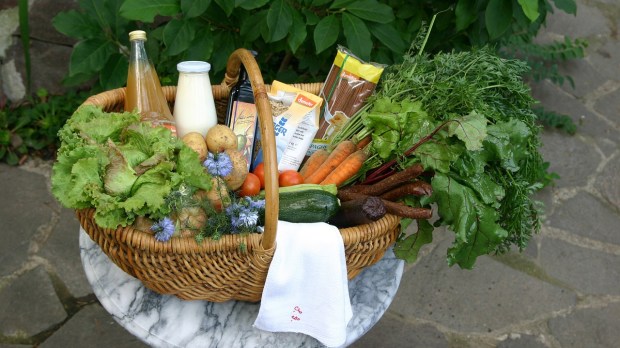We often think that keeping most foods in the fridge is the best way to keep them from spoiling, but that’s not always the case. With some foods, cold temperatures can actually accelerate the decomposition process and cause them to lose their original flavor.
Salt and sugar content are the main factors that affect the amount of time food stays fresh, as well as the amount of water it holds, its acidity, the packaging, and special treatments like smoking.
Foods you shouldn’t refrigerate
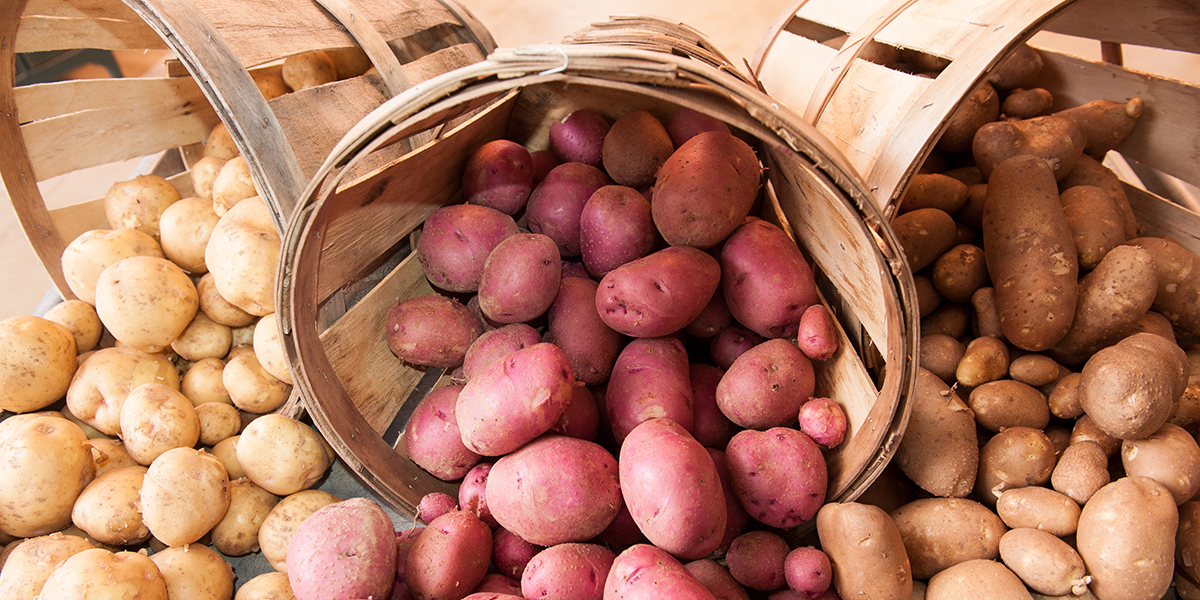
1. Potatoes and sweet potatoes or yams
Cold temperatures turn the starch in potatoes into sugar, changing the flavor and texture and making them more mealy and sweet. At the same time, the cold can cause a chemical reaction that produces acrylamide, which can turn carcinogenic if those potatoes are then fried or baked at high temperatures. So, it’s best to keep your spuds in paper or canvas bags in a dry, dark place like the pantry. It’s also important to keep them separated from the onions (potatoes give off gas and moisture that can make onions go bad).
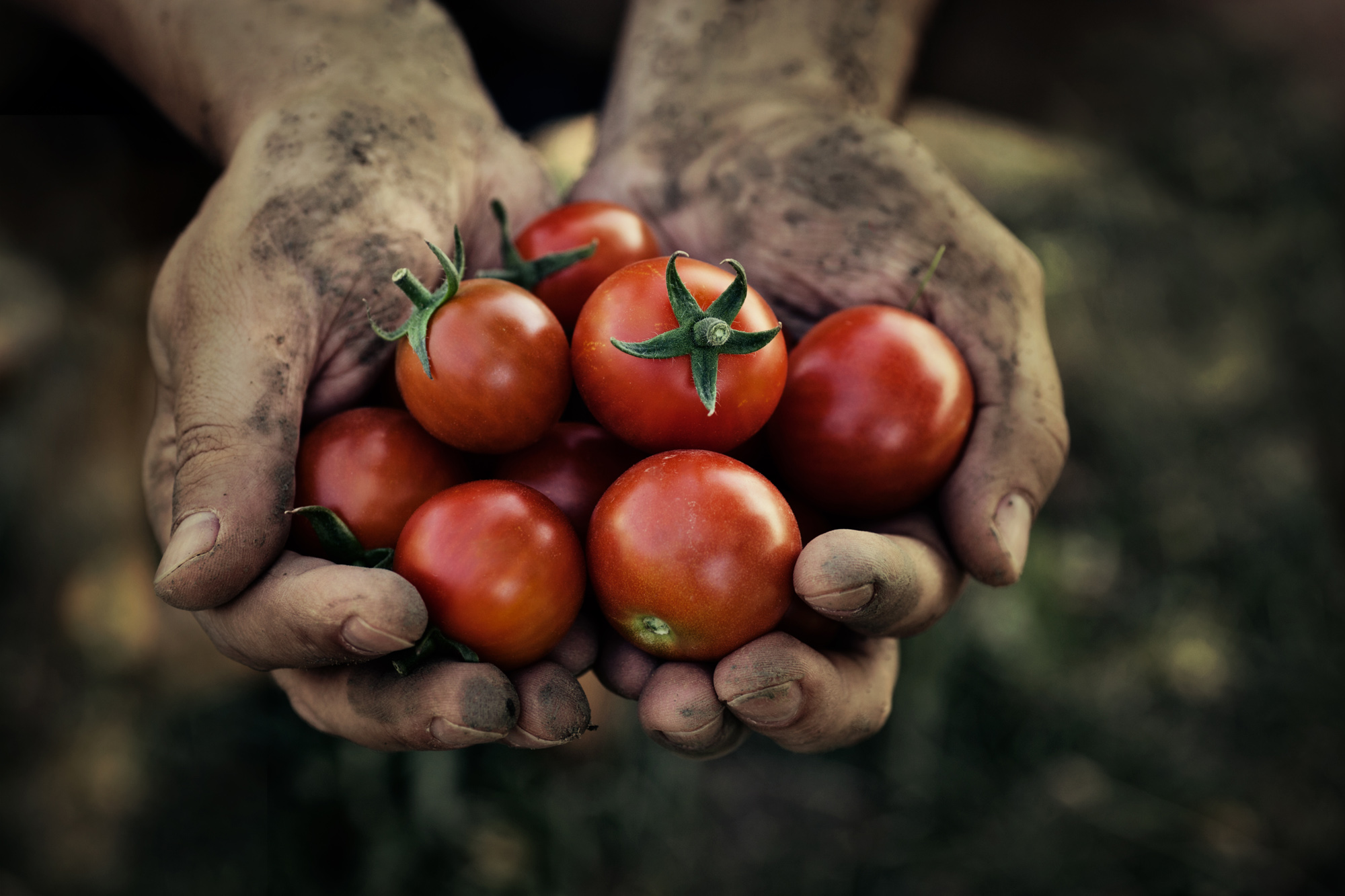
2. Tomatoes
Cold air ruins the tomatoes’ taste and consistency because it stops the ripening process, which is what gives the tomato its flavor. In turn, the cold breaks the membranes inside the tomato walls, which means you’ll end up with a mealy texture. It’s best to keep them in a bowl or basket until they’re fully ripe.
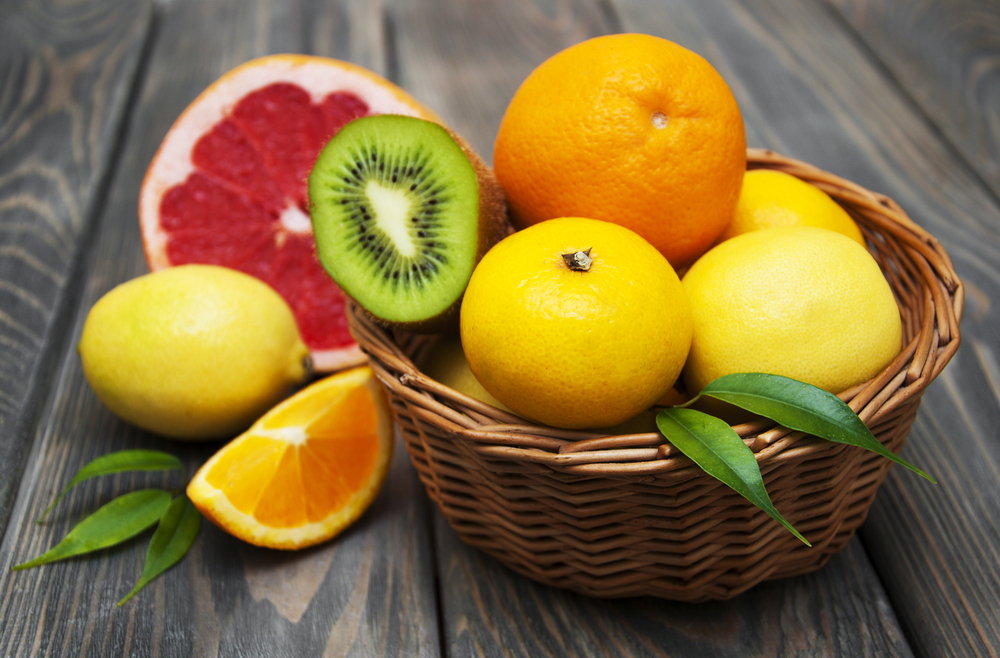
3. Fruits
Subtropical fruits like bananas and plantains, mangoes, pineapples, and papayas are very sensitive to the cold. Low temperatures weaken their tissue and cancel out the enzymes that allow them to mature, causing them damage on their surface, darkening, the appearance of water on their skin, and the loss of flavor. It’s best to keep them at room temperature in the kitchen.

Read more:
“Cotton candy” grapes are changing the way we think about fruit
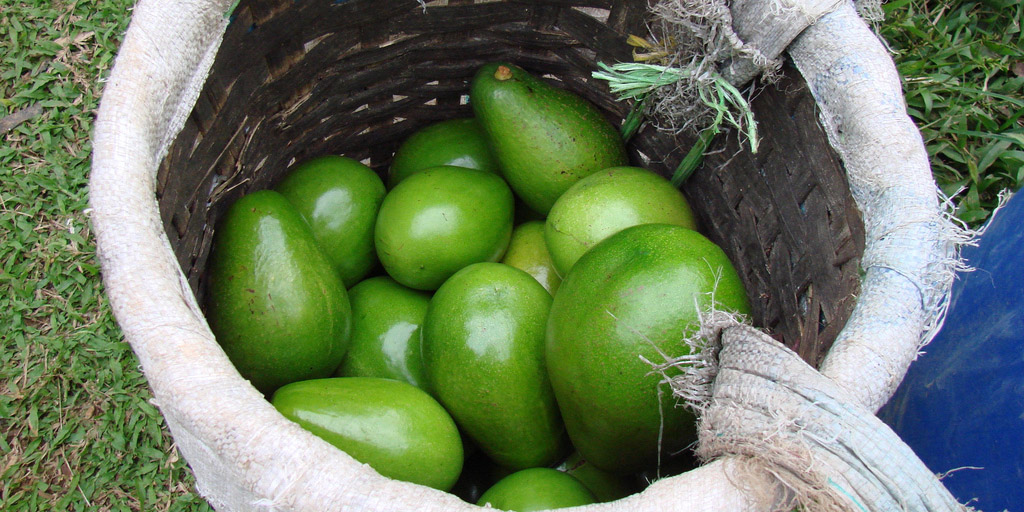
4. Avocado
Refrigeration delays avocados’ ripening process. If you need them to ripen, it’s best to keep them at room temperature. If they have ripened before you’re ready to use them, you can keep them in the freezer.
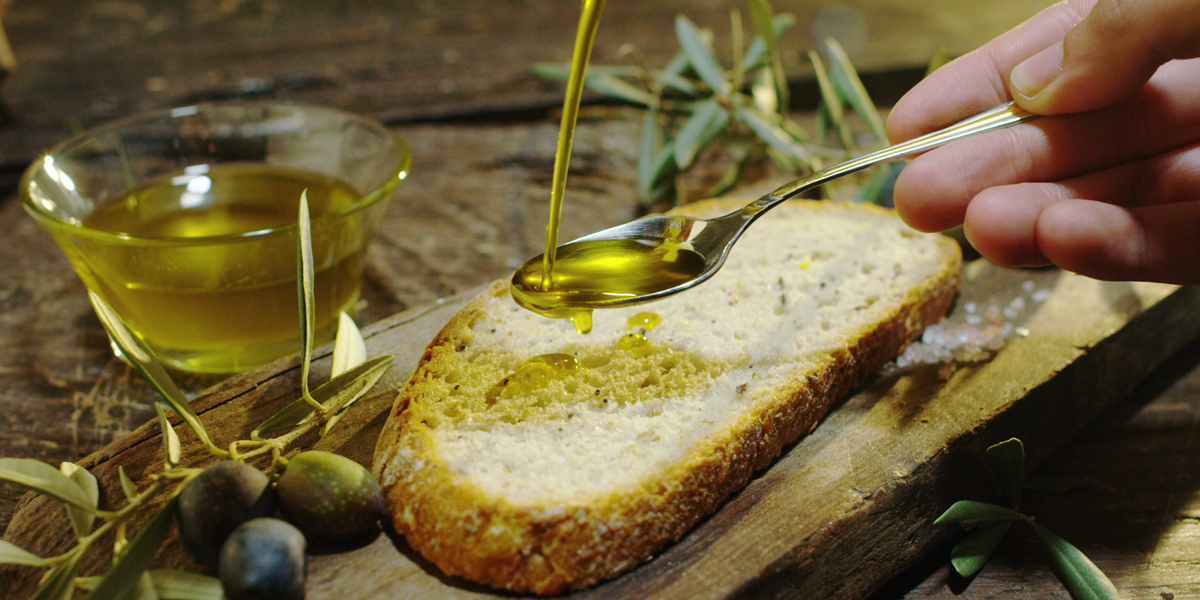
5. Olive oil
It’s best to keep olive oil in a dark, cool (but not cold!) place to prevent any changes in flavor. Cold temperatures condense and harden the oil, giving it the consistency of butter.
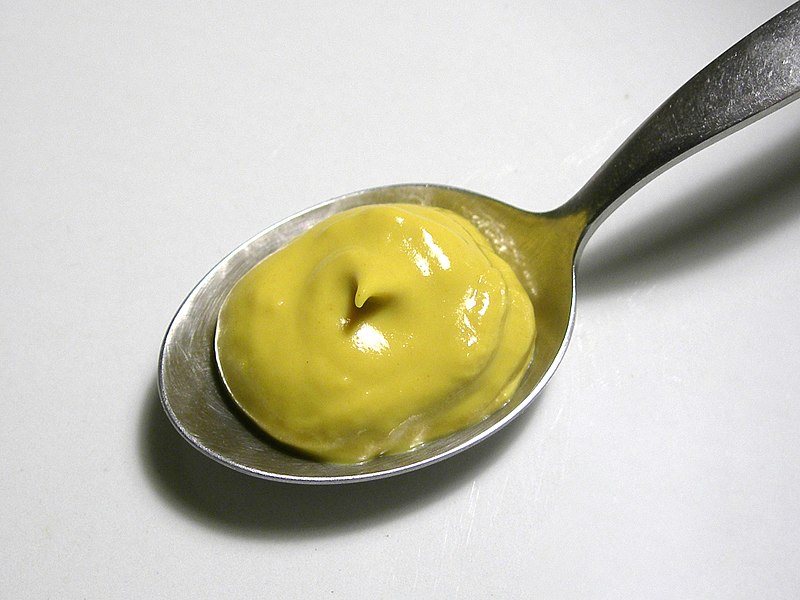
6. Dressings
Although the cold doesn’t damage oil-and-vinegar dressings, they can be stored outside of the fridge. Mustard, spicy sauces, and ketchup can also be kept out of the fridge.
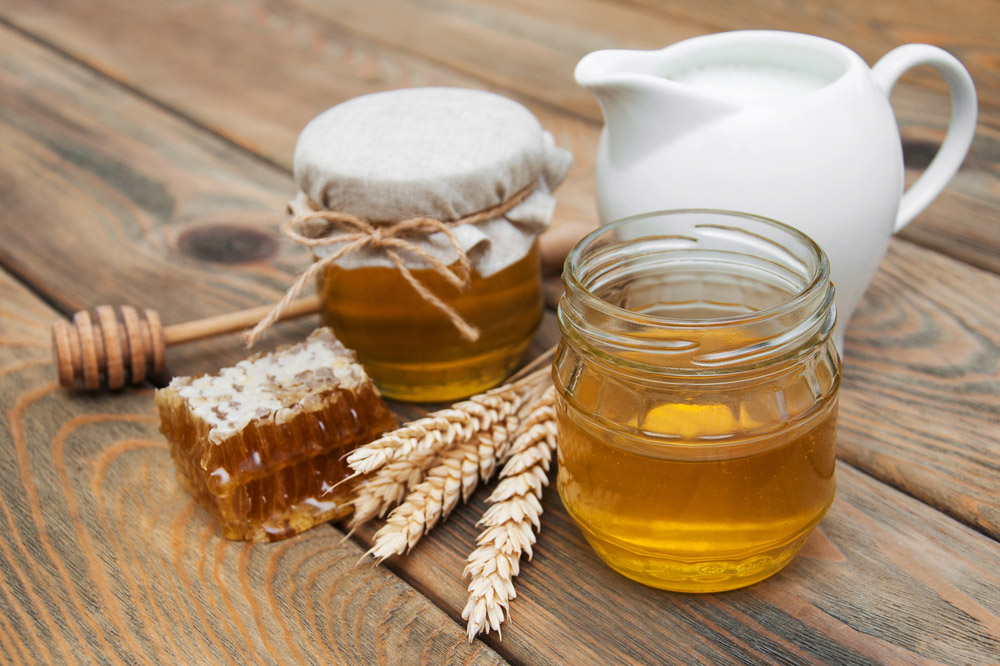
7. Honey
Honey needs to be kept tightly closed and at room temperature, since cold temperatures will make it crystallize and become too thick to pour.
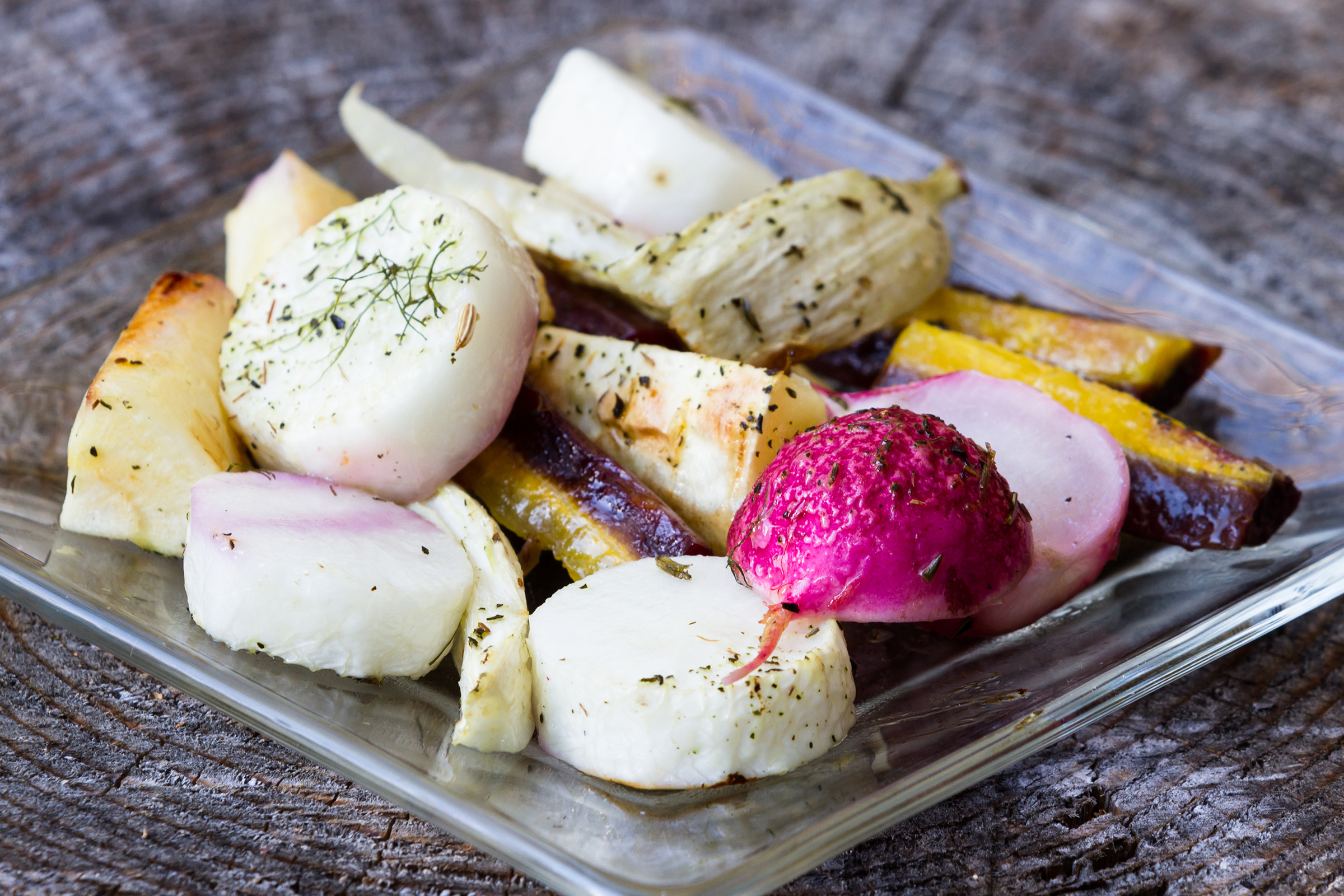
8. Garlic and onion
Both garlic and onion are dry foods, so storing them in the fridge will make them damp and accelerate their oxidation process. Store them in an airtight container in the fridge only when they are already cut.
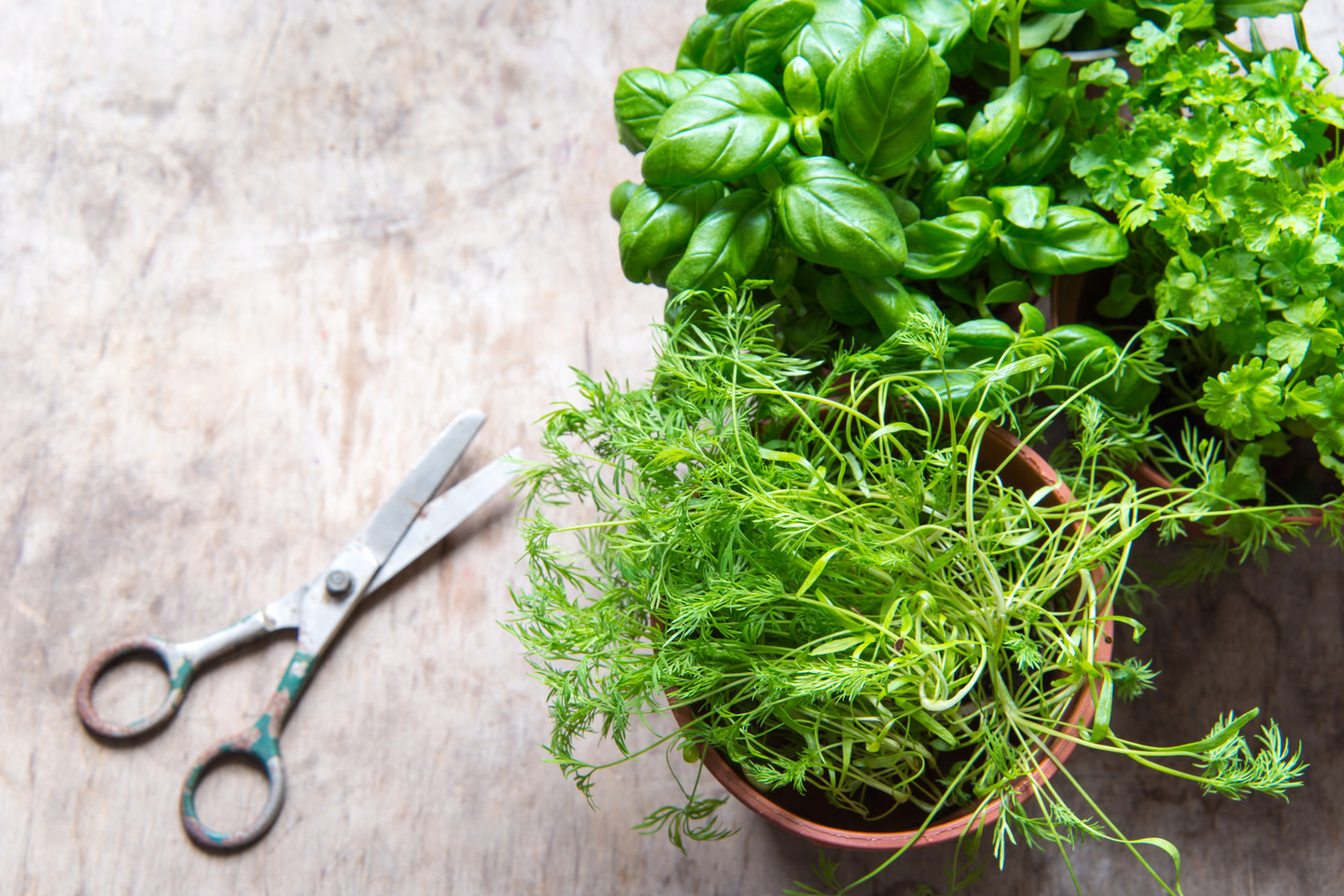
9. Basil and aromatic herbs
If you buy your herbs fresh, it’s best to store them in a glass with water on the kitchen counter. Once refrigerated, they quickly get spots and take on the smell of the other foods. If they are dry, keep them in the pantry.
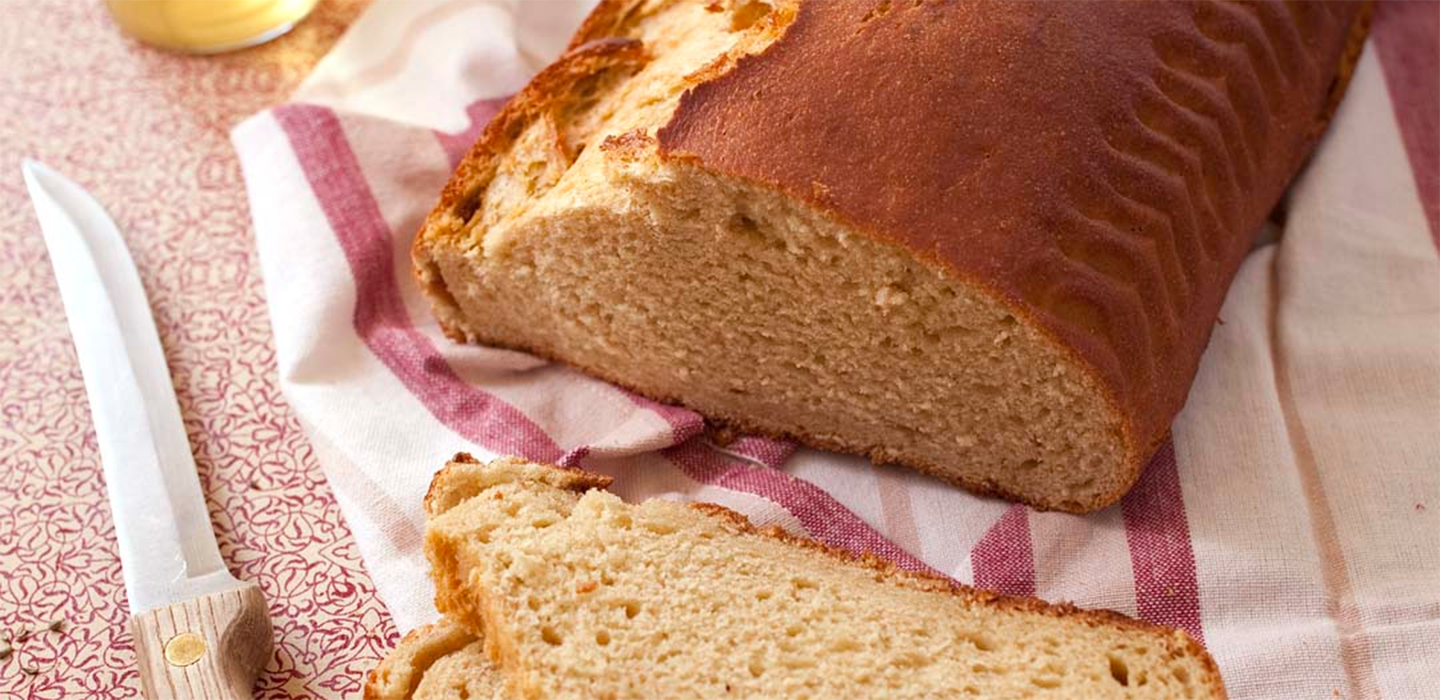
10. Bread
It’s very common to store bread in the fridge to make it keep longer, but it actually does just the opposite! Low temperatures dry out the bread, since the molecules change, and the water separates from the starch, which returns to its original form and becomes hard. Keep it wrapped up in a bag at room temperature.
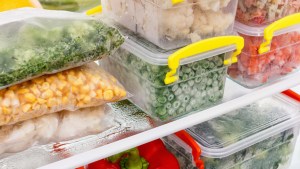
Read more:
10 Great tips for freezing food
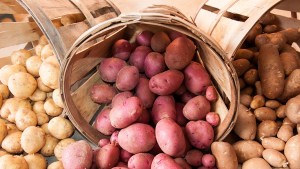
Read more:
Love potatoes? Discover the truths and myths about this amazing superfood
This article was originally published in the Spanish edition of Aleteia and has been translated and/or adapted here for English speaking readers.
